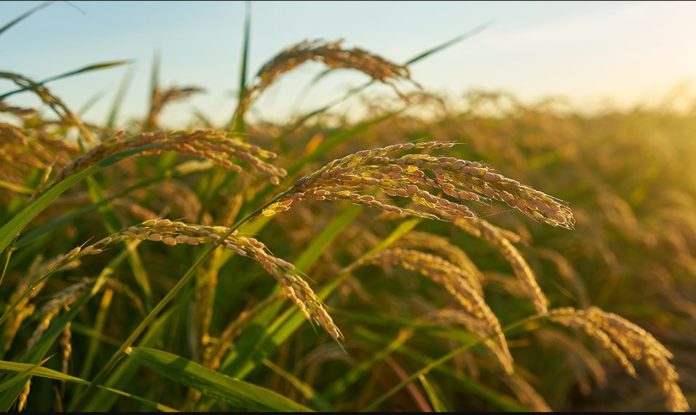International Fund for Agricultural Development (IFAD), in partnership with the Federal Government of Nigeria have disbursed agro-inputs to sustain rice production in to enhance food security in the country in the aftermath of the COVID-19 pandemic.
The intervention was made possible through the IFAD COVID-19 Rural Poor Stimulus Facility grant. Inputs were issued to more than 958 vulnerable farmers in Kogi and Niger States. Acting National Programme Coordinator, FGN/IFAD Value Chain Development Programme, Dr. Fatima Aliyu, said the grant is meant for vulnerable farmers in VCDP states including Enugu, Kogi, Nasarawa, Anambra, Benue, Niger, Taraba and Ebonyi, to sustain production and help them recover more quickly from the impact of the pandemic.
“The project aims to improve the incomes and food security of poor rural households engaged in the production, processing and marketing of rice and cassava on a sustainable basis. COVID-19 pandemic affected the world and disrupted farming activities and food systems. As a result, to cushion the effect of the pandemic on farmers, IFAD gave a grant tagged Rural Poor Stimulus Facility (RPSF) to VCDP through the Federal Ministry of Agriculture and Rural Development,” said Dr. Fatima.
VCDP
Through the RPSF, 2,793 vulnerable farmers will receive agro-inputs to support their farming activities. These inputs distributed free of charge consist of 40kg of certified rice seeds, two liters of herbicides, two bags of NPK and one bag of Urea fertilizers.
The VCDP will also provide extension services to targeted farmers who will receive training on good practices in the application of fertilizers and agro-chemicals as well as farm management and climate-smart agriculture.
According to the national coordinator, to enhance transparency in the process, the programme had engaged International Fertilizer Development Centre (IFDC) for the effective management of the input – supply, redemption and delivery in all the nine states through the voucher input redemption system.








